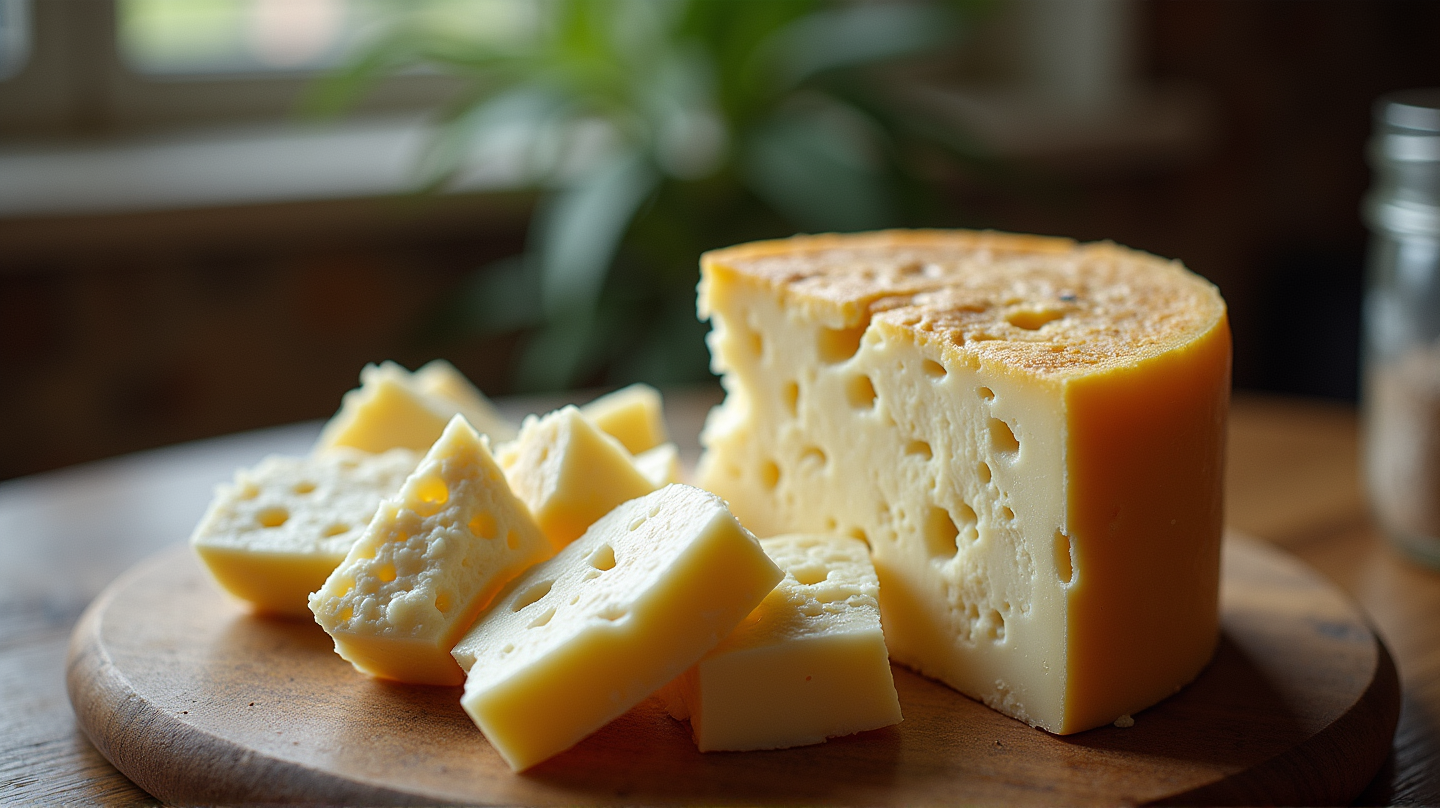A Culinary Clash: U.S. Challenges EU's Protected Status for Feta
The U.S. pressures the EU to abolish geographical indications, targeting iconic products like Greek feta in trade negotiations.

In a fierce battle of dairy diplomacy, the United States is intensifying its efforts against the European Union’s system of geographical indications, aiming squarely at renowned European delicacies such as Greece’s illustrious feta cheese. This dispute has become a pivotal point in the broader context of trade negotiations between these economic titans.
The U.S. Push for Change
According to the 2025 Special 301 Report issued by the Office of the U.S. Trade Representative, Washington is determined to dismantle the EU’s Protected Designations of Origin (PDO) framework. The U.S. argues that this system unfairly limits American producers’ access to global markets. The campaign against PDOs primarily focuses on iconic cheeses—feta, parmesan, and gorgonzola—viewed by the U.S. as generic and universally recognizable brands.
Europe’s Staunch Defense
On the other side of the Atlantic, the European Union steadfastly defends its geographical indications. These designations, they argue, are vital for preserving rural economies and cultural heritage. Feta cheese, a profound symbol of Greece’s rich history and made exclusively in defined regions, exemplifies this. Industry voices emphasize that these names cannot be casually adopted by non-EU producers.
Legal and Trade Tensions
Highlighting the legal dimension is the 2022 European Court ruling penalizing Denmark for mislabeling cheese as “feta” for export. The EU’s commitment to upholding these designations through international agreements bolsters its stance. However, the U.S. laments these measures, portraying them as restraints on American trademark freedoms and market reach.
Global Trade Implications
The ongoing friction has significant implications for global trade dynamics. With Brussels incorporating PDO protections into deals with entities like Canada and the Mercosur bloc, the controversy could shape future negotiations. The U.S. accuses the EU of leveraging trade talks to enforce PDO compliance, further straining diplomatic ties.
As stated in tovima.com, this brewing controversy over culinary identity and market rights underscores the complex interplay of culture, commerce, and international relations.





